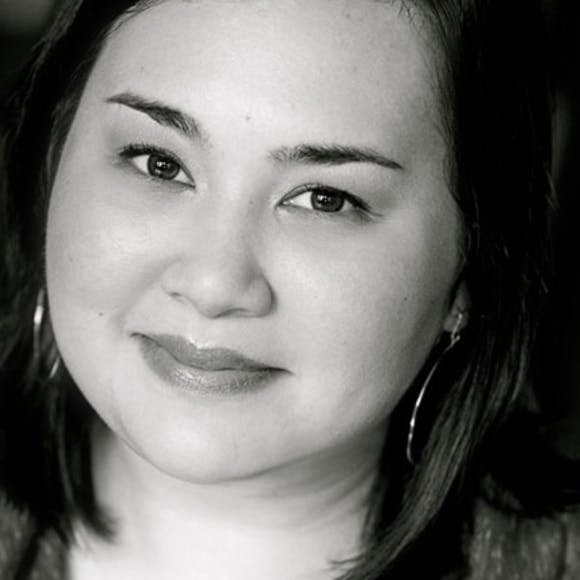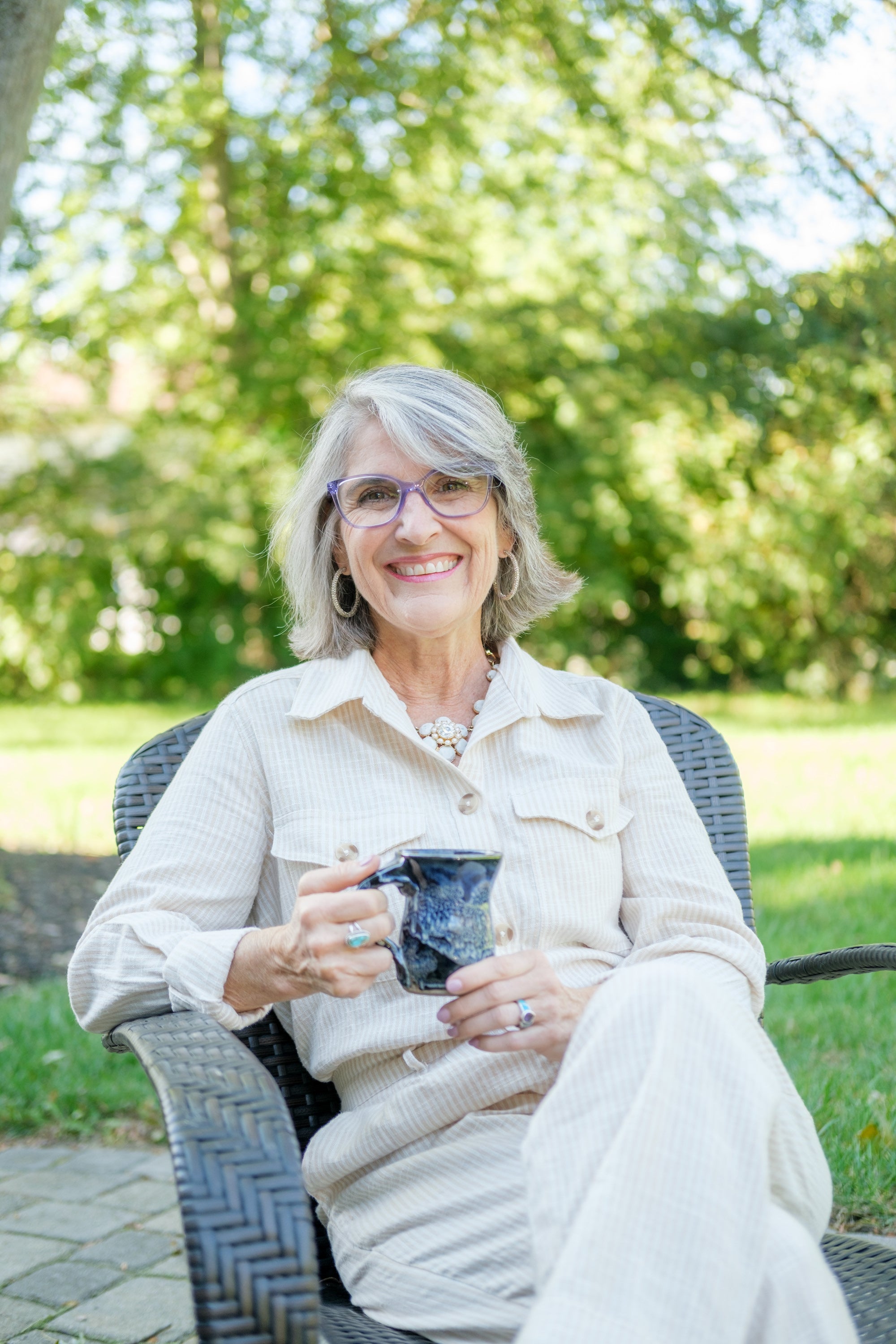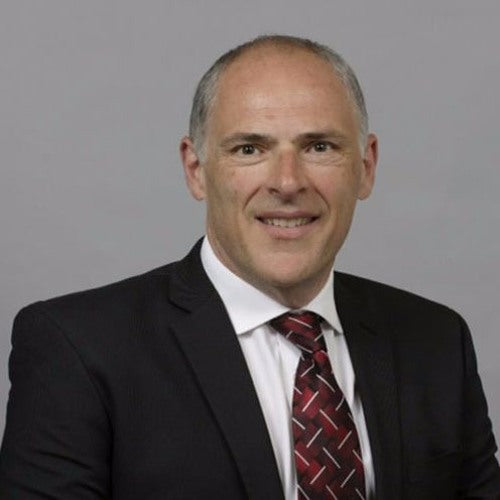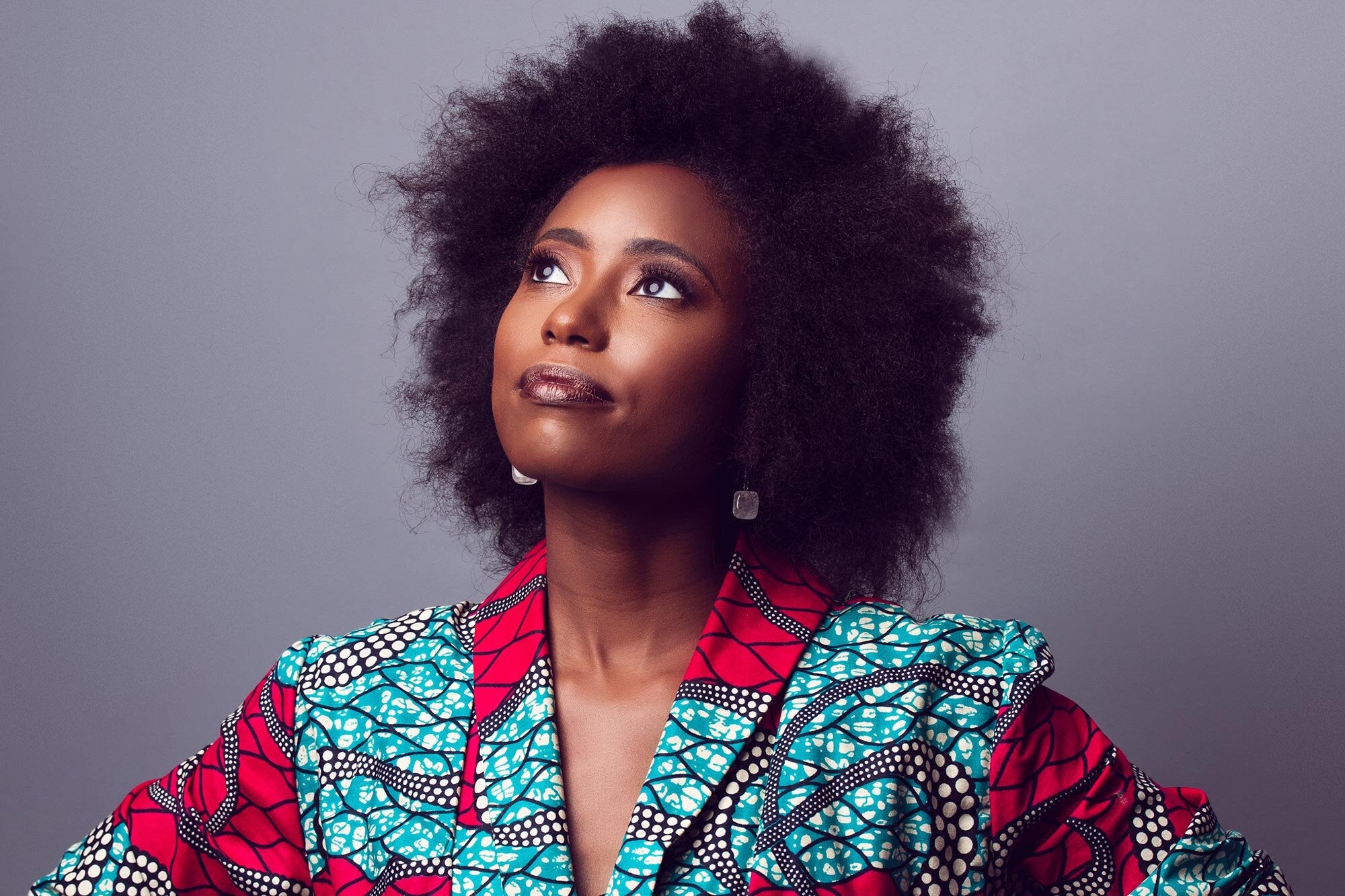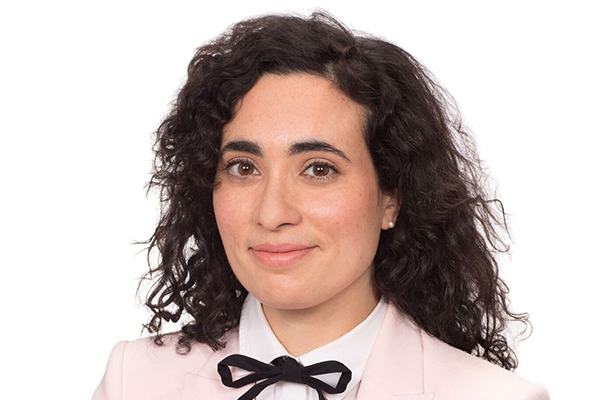Book: On All Fronts
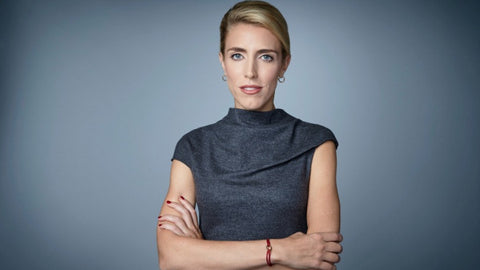
Photo courtesy to Clarissa Ward
Author: Clarissa Ward
Author Bio:
1. When did you fall in love with journalism?
I probably really fell in love with journalism on my first trip to Baghdad in 2005. Up until that point, I was in love with the idea of journalism but it was only once I was actually out in the field, watching history in the making, that I knew there was nothing in the world I would rather do.
2. Growing up, who were some journalists that you admired?
I grew up between the UK and the US and I was a big admirer of Martha Gellhorn (going way back), Morley Safer, Peter Jennings, Katie Adie and John Simpson.
3. As an International Correspondent for CNN, you have been in some outré and very dangerous situations. What is one scenario that you think about most frequently?
Can I just say that I love that you used the word outré. There are so many scenes that stick in my mind, that haunt me or move me to this day. That’s a big part of why I wrote the book. On a trip to Syria, we were filming in a town called Ariha when fighter jets swooped in and bombed the local market.
It was a horrific and chaotic scene and later on when I was looking at the footage, I noticed some people draping a coat over a woman who had been killed to cover her legs which were exposed. It was such an impotent gesture to protect her modesty and I found it profoundly moving.
4. What was your writing process like for ‘On All Fronts’?
I wrote the first draft on my maternity leave after giving birth to my first son. I started out by setting myself a daily word count but it quickly became clear to me that that wasn’t going to work. So then I just said to myself that I would spend 2-3 hours every morning writing. And I did. For the most part it flowed quite naturally.
5. What does the day in the life of an International Correspondent living abroad typically look like?
There is no typical day and that’s why I love the job. I could be in the London bureau doing live shots or working on developing an investigative story, or editing a piece, or out in the field on breaking news or a shoot, or moderating a panel or giving a speech. I wear many different hats.
6. What would you say has been the highlight of your journalism career thus far?
Testifying to the United Nations Security Council about Aleppo and how the international community failed the people of Syria was definitely a deeply cathartic moment for me.
7. How has your reporting style evolved over the years and in what areas do you want to see a continued evolution of yourself?
I have become so much more confident which is a good thing. Lately, I have been trying to do more investigative work which is tough for someone like me because I am naturally impatient. I definitely want to keeping growing and improving as a journalist and I have lots of room for improvement!
8. Being that you have reported on war and have been embedded within it, how has your perception of war changed you and affected your journalistic approach to the subject?
I think this is much too complex to summarize in one answer. I will say that I don’t think you truly understand what the hell war is until you actually experience it and see it first hand. As hard as we try to convey the horror, there’s still a level of detachment as a viewer/reader.
9. As a follow-up, what advice would you give to correspondents about dealing with their grief, trauma, and mental well-being?
Anyone who covers war and assumes it won’t take a toll at some point is in for a surprise. It is incredibly stressful and sometimes traumatic work. One has to be vigilant and proactive about looking out for one's mental health.
10. Working outside of the United States during the midst of a global pandemic, what would you say has stood out to you on how various countries and regions of the planet are handling the virus?
I find it fascinating to see how liberal democracies have almost all really struggled with COVID and how it has inflamed political divisions.
11. Research has discovered that the average human’s attention span is now only eight (8) seconds. How do you think this impacts journalism both positively and negatively?
I try not to worry too much about what research says. Research also says Americans aren’t interested in the rest of the world. But I believe that a good story is a good story. You just have to find the best way to tell it to your audience.
12. What’s the best book you have read so far this year?
I loved “My Wild and Sleepless Nights” by Clover Stroud. Raw memoirs by amazing women are definitely my jam at the moment.
13. What’s your best advice for getting over writer’s block?
Go for a walk. You’re not doing anyone any good staring at a blank screen.
14. What’s the best advice you have ever received on happiness?
You have to learn to be content with what you have.
15 - Do you plan on writing more books in the future?
I’m still recovering from this one! Never say never.
Places To Find More From This Author:
Twitter: @clarissaward
Instagram: @clarissawardcnn
Facebook: Clarissa Ward
Get Your Copy of On All Fronts Today!








